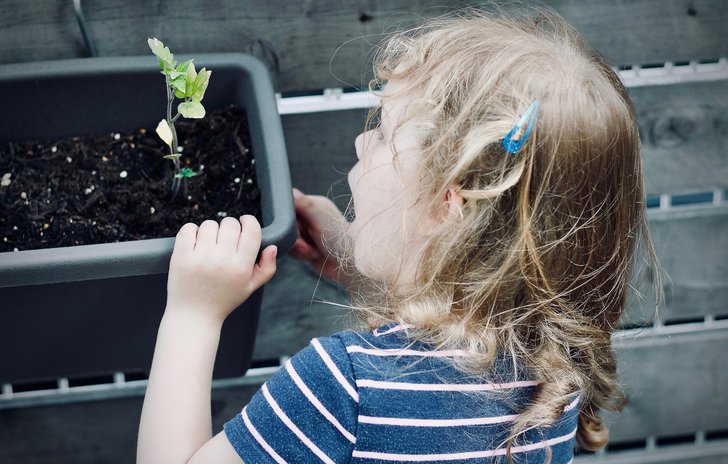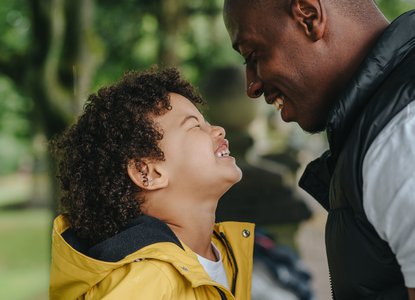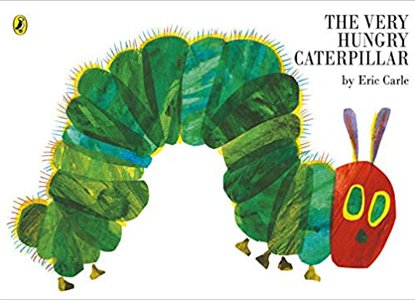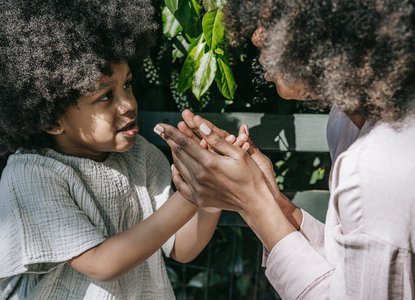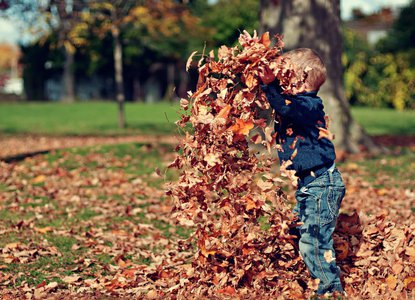The benefits of gardening with your child:
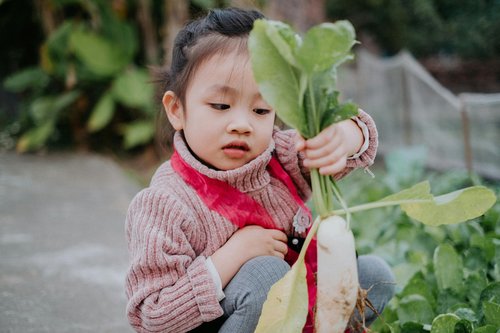
The conversations you have and new words you introduce will support your child’s language and communication skills.
Your child will begin to learn about life cycles and where food comes from and develop a sense of responsibility as they care for their plants. Digging, filling pots and handling seeds or seedlings will support muscle development and coordination.
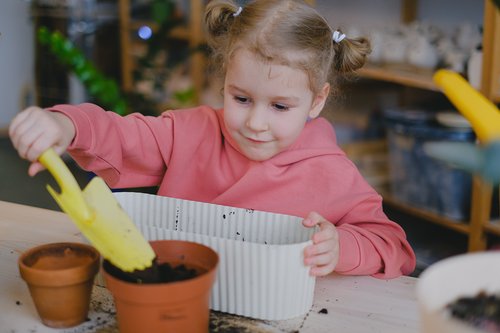
What could you plant?
- Quick growing seeds can be a good place to start so that children don't have to wait long. For example, cress, salad leaves, or sunflowers.
- Herbs such as basil and mint grow quickly and can be grown on a windowsill indoors, or outdoors.
- Vegetables and fruits take longer to grow but will be exciting to harvest and eat! You could try tomatoes, strawberries, peas, potatoes, or carrots.
- Summer flowers such as pansies can be planted from seed, or plant bulbs in the autumn and wait for them to grow in the spring.
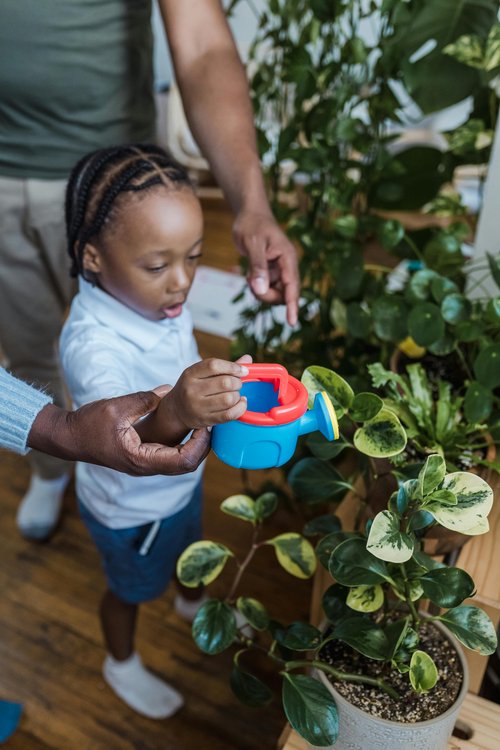
Top tips!
- Recycle plastic food trays and bottles to turn into plant pots and mini greenhouses.
- Look for vegetable and flower seedlings for sale at the supermarket in the spring and summer.
- Talk about the instructions as you read them, this will help your child understand the purpose of reading.
- Make a label together for your plants. Your child can see you writing, and maybe have a go themselves, or make a picture label.
- Your child will love watering their plants, and it’s great for developing their coordination. Use a small bottle or jug if you don’t have a watering can.
- Let your child help as much as possible, they will feel a real sense of pride when their plants begin to grow.
